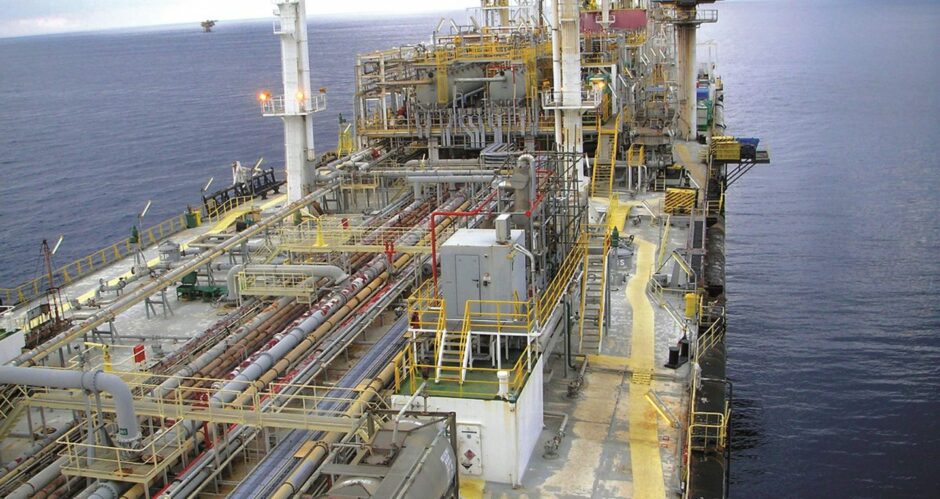
Valeura Energy is focused on bulking up its cash reserves, benefiting from higher oil prices, in order to drive future acquisitions, CEO Sean Guest has explained.
The company is “looking to build up a bit of a cash pool as we go through this year and next year”, he explained to Energy Voice in London. “That cash pool really helps you to reduce your cost of capital.”
Guest was talking about prospects for growth in Valeura’s focus area around Thailand.
There is scope for bank debt, he said, “but it’s much more difficult and we’re trying to avoid really going to the equity markets”.
Other sources of capital, such as trading houses, are willing to put in funds. Getting this debt at the right price, though, is a challenge. “They tend to be have a higher cost of capital,” Guest said.
Valeura is stacking up the cash for now, he said. In the next few months, the company will “have paid off all of our debt. We believe we’ll have pretty well our whole capex program for 2024 in the bank by the end of [the fourth quarter].”
Valeura is producing around 22,000 barrels of oil equivalent per day. It plans to bring on more production at Nong Yao in 2024, increasing output there by around 50% up to around 11,000 boepd.
This growth will help balance out some of Valeura’s mature fields. Guest said the goal was to “maintain something in that 20,000 to 25,000 boepd range. Because of the strong cash flow that you then yield from these, they can let us look for other opportunities.”
Paying down debt makes hedging less important, he explained. However, hedging costs have fallen, with Guest describing this as now “very reasonably priced”. As such, he said, the company is considering hedging some of its downside risk – insurance against oil prices falling – while retaining upside.
Wassana
Valeura has seen some recent challenges at its Wassana oilfield in Thailand. The field, which accounts for around 10% of company production, continues to be out of action.
Guest explained the contractor had not lived up to the company’s standards for safe operations.
“The moment they showed up, we had an incident. You do a full investigation with their company and our company involved in that, set in place new procedures and standards for them to follow. And then they don’t follow them. And they have another near miss,” Guest said.
As such, Valeura is now in discussions to find another company to operate the vessel. The original contractor will continue to own the vessel, though.
Guest noted that the continued ownership meant both parties were invested in restoring production and revenues.
“We’re both highly motivated to get the asset back up and operating again. They have a vessel they put capital into. They obviously want to be getting paid and making a return on that,” he said. The companies have found a new contractor. “It’s just a matter of now putting in place the commercial arrangements to allow that to happen.”
Growth
Looking to the future, there is scope for continuing operations at Wassana. When Valeura acquired the asset, it had expected it would stop producing in 2027.
Valeura drilled two appraisal wells this year on the field and found oil in both. “So instead of abandonment in 2027, we’re now looking at well into the 2030s with much more production and reserves”, he said.
A likely cost-effective alternative to building new infrastructure would be repurposing existing facilities. In Thailand, Guest explained, other companies are abandoning facilities. “You can say, this is the one I need and they’re happy to pass it on to you. You take it off their hands, they get rid of their abandonment liability. It’s cheaper and more sustainable.”
The Valeura CEO noted pressure in the supply chain but said the company had locked in its rig. Valeura has the unit until August 2024, with options to extend still further.
The company plans to drill exploration wells in 2024, one near Wassana, one near the Nong Yao field and “probably” one near Jasmine.

 © Supplied by Valeura Energy
© Supplied by Valeura Energy